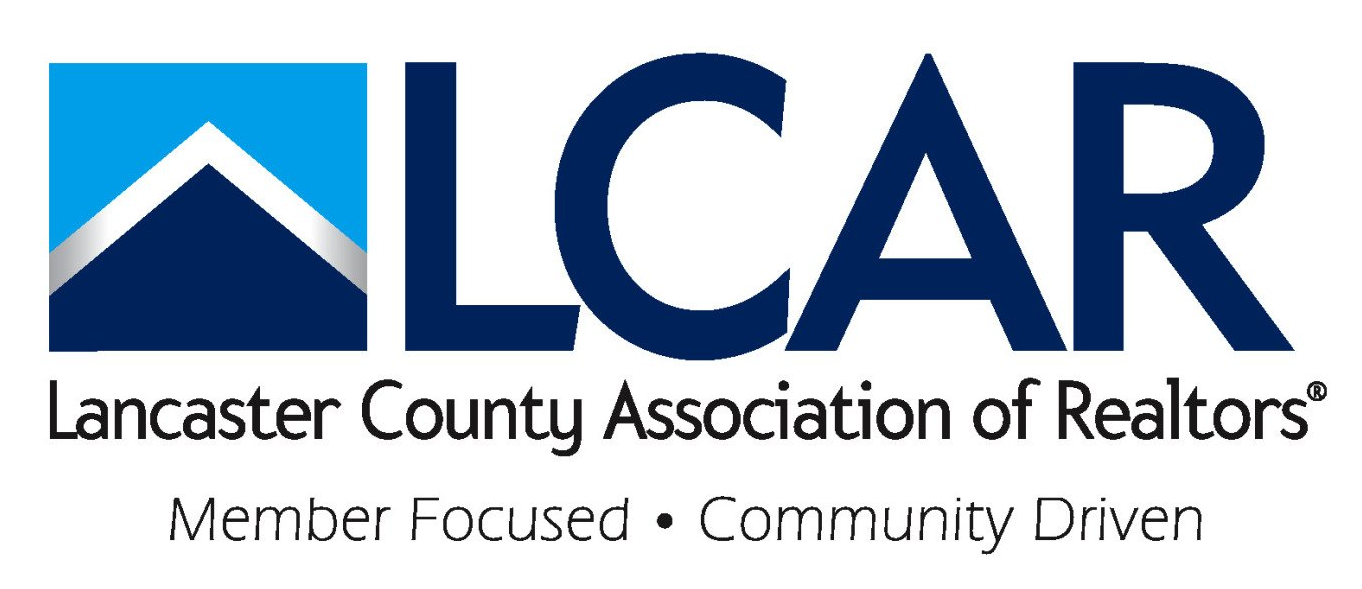Advertising Guidelines
So your listing just went active, and you want to let the whole world know. Well hold on there buckaroo . . . there are some things you need to know before you go and advertise your listing on Tinder.
I think it’s safe to say that we all take advertising for granted sometimes. We probably don’t always put as much thought into how we represent our business, our broker or our clients as much as we should. I’m sure most of us are aware that the PA Real Estate Commission can impose fines and disciplinary action on licensees for violating advertising guidelines, but I’m sure some of us out there don’t always take it very seriously. Well, I’m here to tell you why you should take it seriously and to refresh your mind on what some of these guidelines are.
The first thing a licensee needs to do before advertising any home is to obtain the seller’s permission to do so. That permission comes when filling out the listing contract beginning at section 24 of page 4 which goes over the seller’s consent to allow their home to be advertised to the public. Permission needs to be granted for not only public advertising such as on the internet or the newspaper, but also for whether they will allow an agent to put a sign in their yard. Believe it or not, not all sellers like having a giant metal (*cough* often times rusty) sign blocking their flower bed.
So you have the seller’s permission, now you’re good to go, right? Yes . . . but no. Well sorta. When advertising a home, agents need to follow specific guidelines. First and foremost, agents need to accurately and honestly promote a property and all of its features. Two inches of standing water that accumulated in the backyard after that rain storm is not a swimming pool. And that outhouse on Uncle Larry’s property that he refuses to take down even though buyers have complained about it is not a storage shed. You get the idea. You also need to make sure that you don’t market a property and get accused of redlining or steering. For example, you cannot indicate that a property is within walking distance of a church as that could be seen as discrimination to buyers who don’t practice the religion of that particular church.
But aside from how you promote the property itself, you need to know how to represent yourself and your broker in your advertisement. For instance, any advertisement by a licensed salesperson must include the business name and telephone number of the employing broker. A licensee’s name and number cannot be larger than that of the broker. And speaking of names, licensees cannot use a nickname unless that name has been registered with the Commission. So as much as you might want to be known as ‘The House Whisperer’ (I call dibs), your nickname needs to be registered and approved first.
But what about teams? Agents are allowed to advertise as a team; however, certain requirements must be met to ensure total compliance. On all advertisements, team members must be listed using the team member’s licensed or Commission-registered nickname.
You should be aware of what your broker’s guidelines are as well. Many brokers have their own company-specific guidelines they require agents to follow. For example, they may require you to use certain fonts or colors when you advertise.
So let’s say you broke an advertising guideline . . . what kind of punishment might the Commission impose? Failure to comply with the Commission’s guidelines can result in fines, as well as disciplinary action such as suspension of the license or even termination of the license entirely. Obviously being a repeat offender can result in harsher disciplinary action.
I could go more in depth about what all of the rules and guidelines are; but if anything, this article should serve as a good reminder to always be aware of how you advertise. It’s always good practice to consult your broker before publishing an advertisement. They can verify that your advertisement meets not only their company specific guidelines, but also the Commission’s as well; and that will eliminate the chance of committing a violation. Better to be safe than sorry.
If you would like to know more, click here for more information.
Richard Boas, III, Berkshire Hathaway HomeServices HomeSale Realty
Facts, opinions and information expressed in the Closing Comments Blog represent the work of the author and are believed to be accurate, but are not guaranteed. The Lancaster County Association of Realtors® is not liable for any potential errors, omissions or outdated information. If errors are noted within a post, please notify the Association. Posts represent the author’s opinion and are not necessarily the opinion of the Association.












